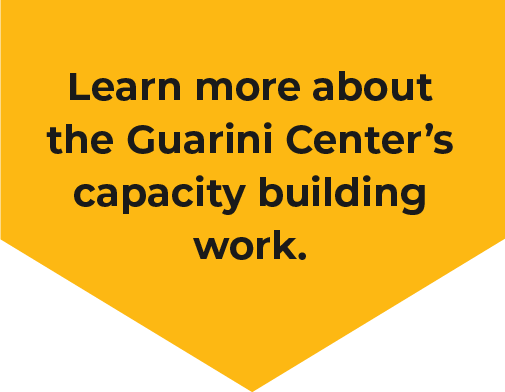In 2022, countries made the decision to launch negotiations for a new international legally binding agreement on plastic pollution. In line with our ongoing support to negotiators and diplomats at the United Nations, the Guarini Center is engaged in research on a number of plastics-related issues.
A New International Regime on Plastics
Plastic pollution has rapidly developed into one of the most significant threats to humans and the environment, posing risks to biodiversity, ecosystems, livelihoods and economies across the globe.
In response to this growing global crisis, countries at the resumed fifth session of the United Nations Environmental Assembly (UNEA-5.2) in 2022 adopted Resolution 5/14, setting the wheels in motion for the development of a new international legally binding instrument on plastic pollution. Over the course of two years, an Intergovernmental Negotiating Committee (INC) will convene in a series of meetings to decide on the content and scope of this new agreement.
Plastics & Small Island Developing States
While the impacts of plastic pollution on health, food security, livelihoods, economies, and the wider environment are experienced across the globe, Small Island Developing States (SIDS) are experiencing these impacts on a disproportionate scale, despite their relatively small contribution to this global problem.
This is due in part to many SIDS unique vulnerabilities, including their proximity to ocean gyres where plastic waste accumulates, in addition to their limited capacities and resources to address the problem.

In line with our ongoing work assisting SIDS at the United Nations, the Guarini Center, through the support of the International Union for the Conservation of Nature (IUCN) and the Norwegian Agency for Development Cooperation (NORAD), has hosted webinars aimed at highlighting SIDS issues as they relate to the development of a new global agreement on plastics.
